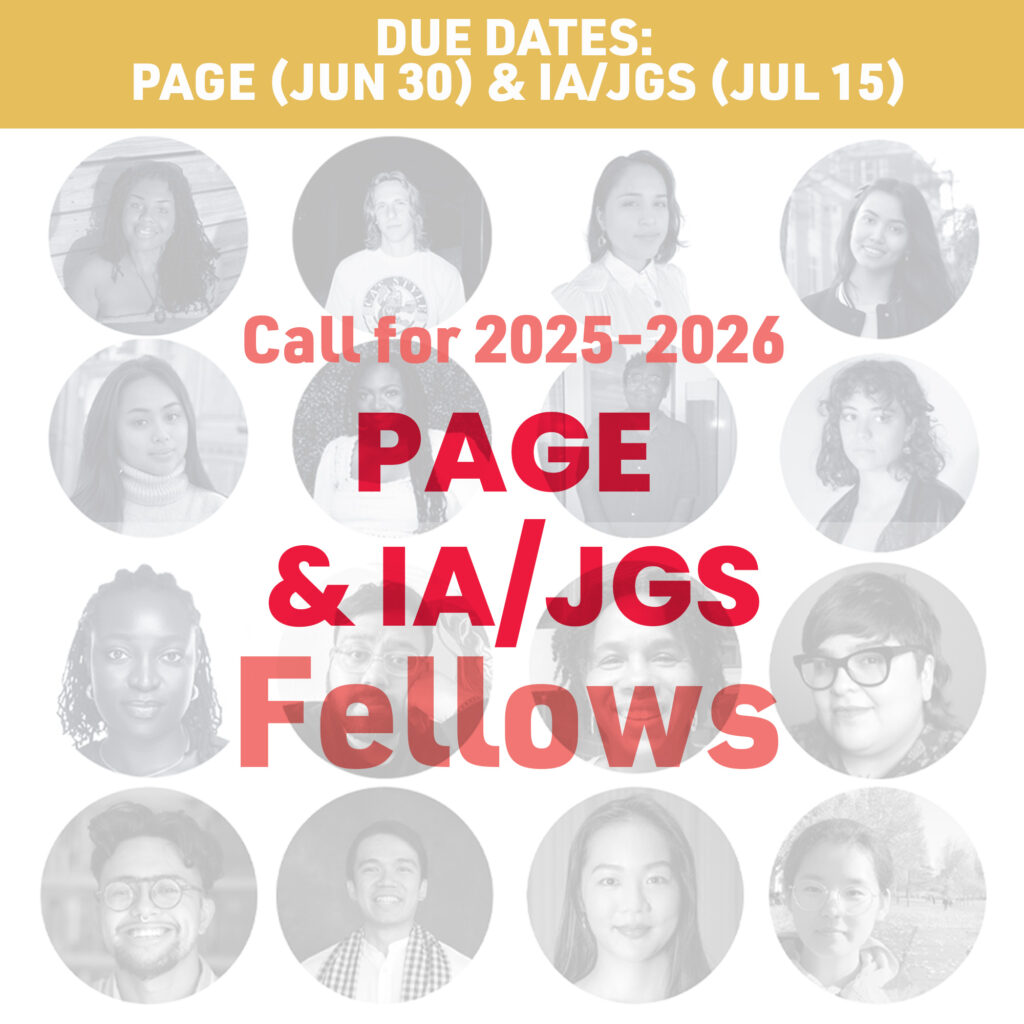Devising Black Masculinity
Ural Grant
As a community-engaged theater artist and scholar, I see public scholarship as a collaborative approach that actively involves communities and promotes meaningful dialogue, creativity, and social justice. Specifically, my public scholarship examines the power of devised theater as a transformative tool and how it can empower young African-American males to construct their own narratives, express their unique voices, and shape their identities. Through community building and workshops, I create platforms for young black males to share their stories and be heard. I oftentimes find that space for reflection and processing is not typically prioritized in the black community. By creating such spaces, my work aims to foster a sense of belonging, agency, and empowerment. Through devised theater (the creation of original works in a group setting), the young people and I collectively explore themes of identity, race, and social justice, offering opportunities for self-expression and critical dialogue. By centering young black male experiences and perspectives, my work challenges and disrupts institutional absorption, enabling reconfigurations of institutional approaches to collaborative and community-based work. In resisting institutional absorption, my work moves beyond tokenism and superficial representation. Rather than merely fitting young African-American males into existing institutional frameworks, I actively subvert these structures by co-creating alternative narratives and approaches. Together, we challenge dominant power dynamics and narratives that perpetuate systemic inequalities.
Employing devised theater as a transformative tool, my work enables reconfigurations of institutional approaches to collaborative and community-based work. In this work I prioritize co-creation, encouraging the young men to become co-researchers and co-creators, and actively shaping the direction and outcomes of our collective efforts. This participatory approach allows us to challenge and reshape institutional norms, incorporating diverse voices and perspectives that have historically been marginalized.



The approaches you are taking within these communities is appreciated and inspiring. It really resonated with me when you stated, “I see public scholarship as a collaborative approach that actively involves communities and promotes meaningful dialogue, creativity, and social justice.” It is important to center our communities within our work and be cognizant of how our inherent selves are informing the way we show up. The spaces you are creating for community are important to social justice, truth telling, and healing. Thank you!